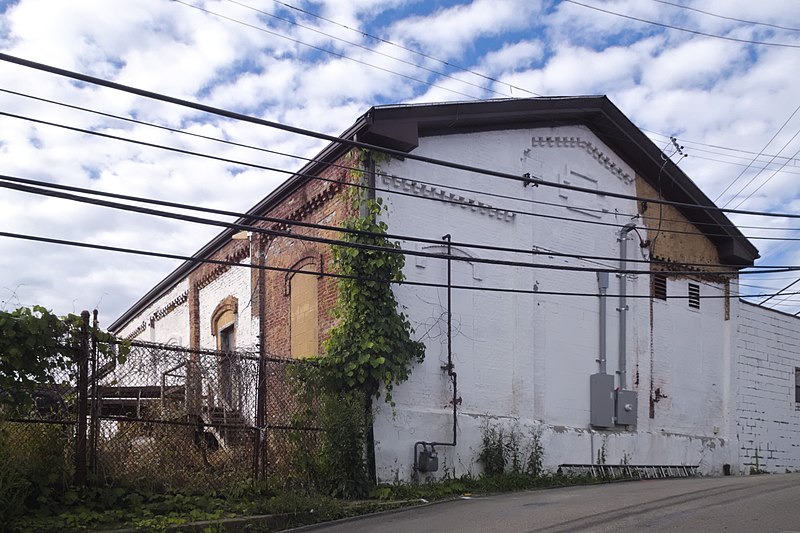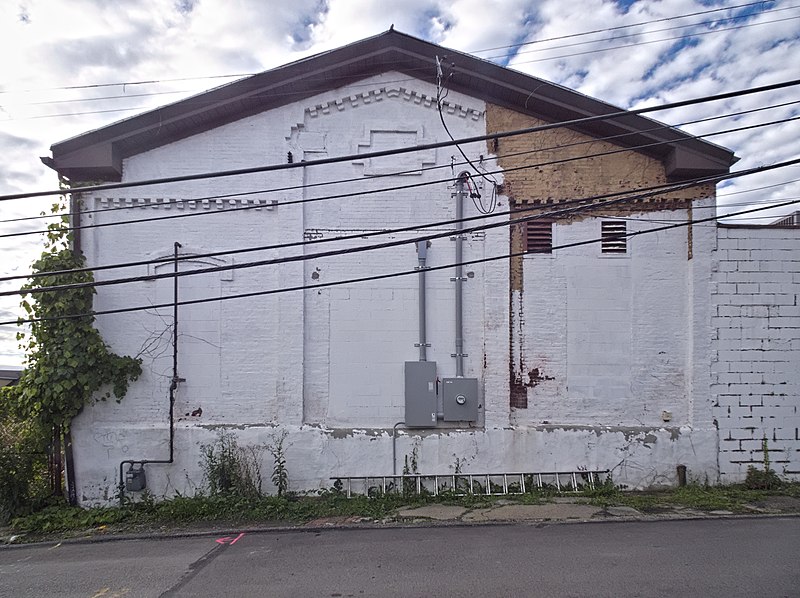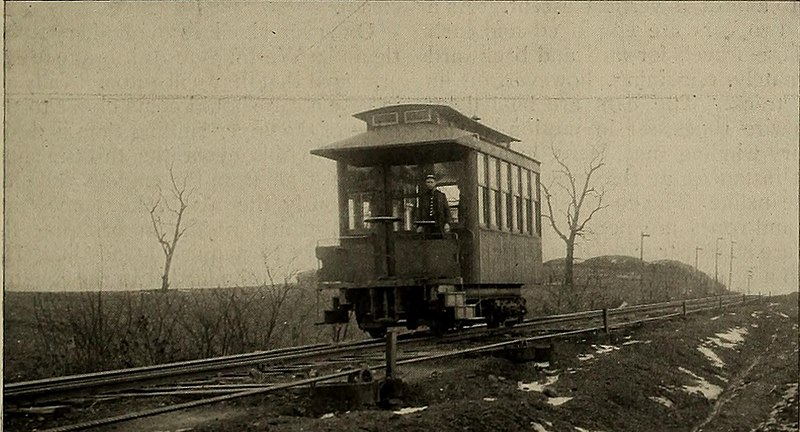
The Monongahela Incline opened in 1870, and it has run since then with a few interruptions for maintenance. There has never been a serious injury on it, as far as old Pa Pitt knows, making it just about the safest form of public transit ever devised.
The engineer who designed it was John Endres. He was assisted by his daughter Caroline and by Samuel Diescher, who would later go on to design the Duquesne Incline and most of the other inclines around here. Diescher would also go on to marry Caroline Endres, making them certainly one of the first husband-and-wife engineer pairs in the country. They had three sons and three daughters; the sons all became engineers.

This upper station has gone through various renovations over the years, but it seems to be the original. The lower station was replaced in 1904 with a much grander building designed by MacClure & Spahr.

Comments































